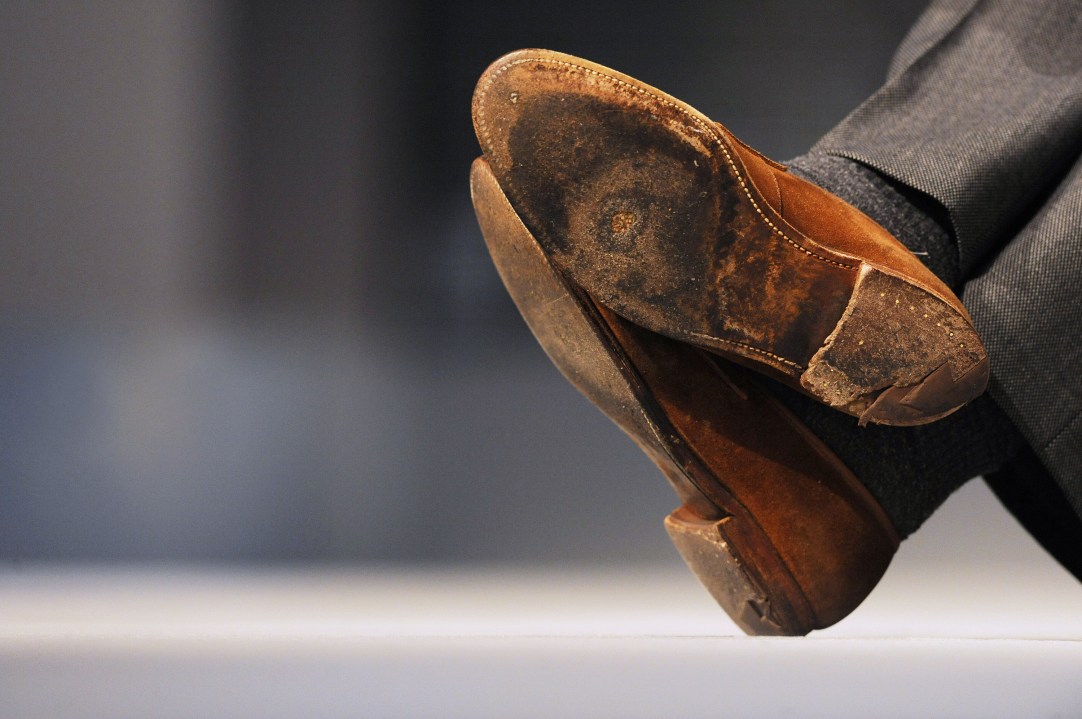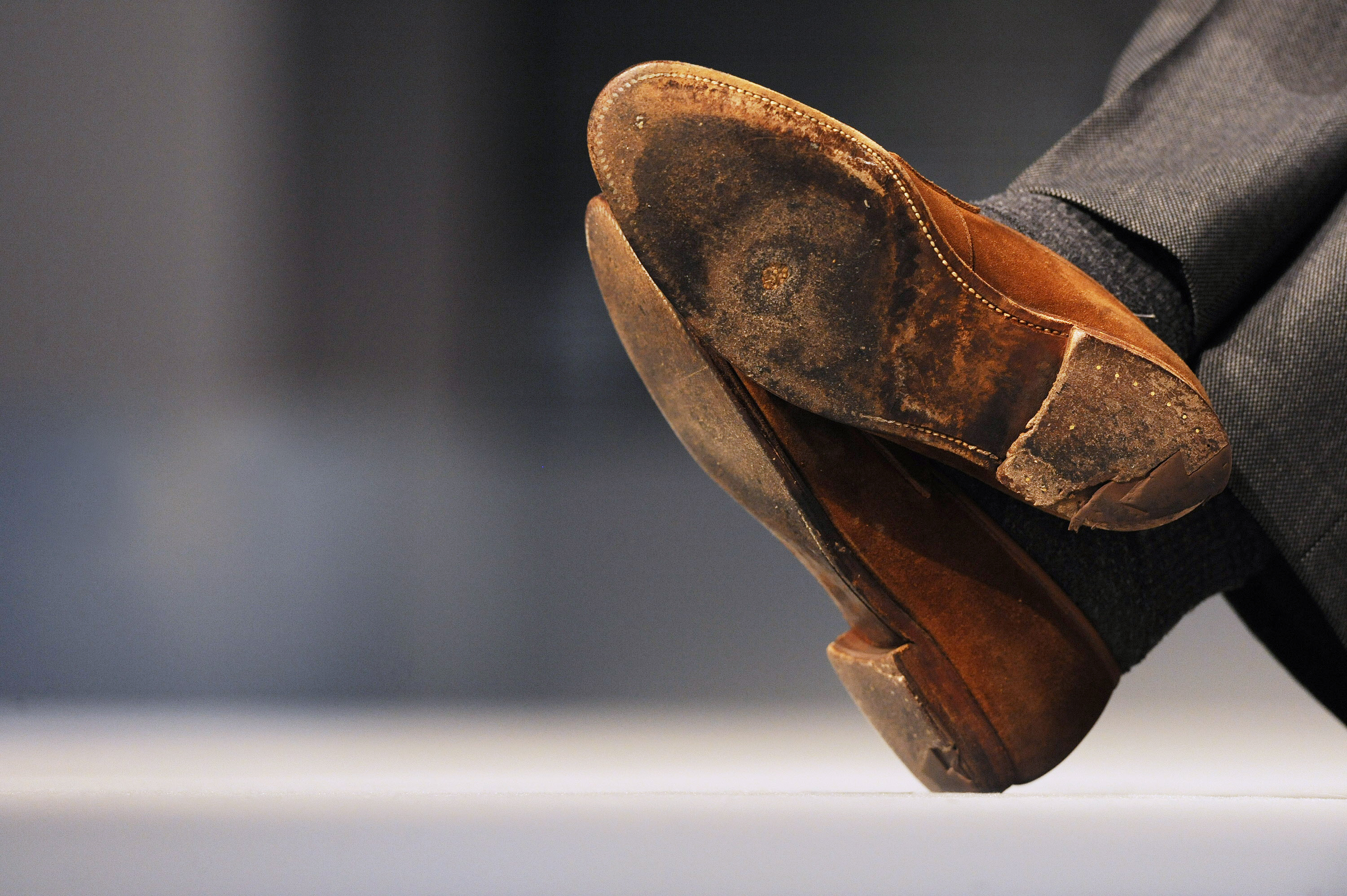It’s said that Ken Clarke would cross a motorway to pick a fight with a political opponent. His aggression is one reason why he thrived (eventually) under Mrs Thatcher: ambulance drivers, teaching unions and local government were all given a bunch of fives when Clarke reached Cabinet in the late ‘80s. Chris Patten (in the course of saying that he would go into the jungle with Clarke) told the late Hugo Young that ‘the key to Clarke is that he is anti-establishment – any establishment’. Yet pugilism is but one side of Clarke. He is not, by temperament or conviction, an ideologue. What matters is what works. And it worked for him. His reputation as a flexible and effective administrator was such that he was tipped to succeed Thatcher before he decided to be the ‘token peasant’ in Douglas Hurd’s coalition of grandees, which formed to unite the party after the defenestration but was soon vanquished.
Why, then, has a pragmatist taken such an uncompromising stance on the EU? It has done him no good where the Conservative Party is concerned. Indeed, Clarke has often challenged the party’s established view, and its establishment figures. Lady Thatcher told a rapt fringe meeting at the acrimonious 1999 conference: ‘In my lifetime all our problems have come from mainland Europe.’ To which Clarke later remarked: ‘All our problems? Well, it’s a point of view, isn’t it?’ A week later, he shared a stage with Tony Blair at the Britain in Europe launch event. 14 years on, some Tories still regard this as treachery. Not that Clarke did much to placate them: his support of the Lisbon Treaty made him the most frequent rebel against Cameron between October 2005 and January 2009, when he was recalled to the shadow cabinet.
Clarke’s article in the Telegraph today contains the flashes of chutzpah and cheek that we expect from him; but, while the substance of his argument is familiar, he has kept his boxing gloves in the locker this time. He does not cajole; instead, he seeks to persuade. The argument follows thus: nation states, notably America, have made clear that they would prefer to deal with Britain in Europe. As we cannot achieve the most advantageous trade deals bilaterally, we must remain in the EU and work to make it more British. Thatcher (as she was in government, not as she became in forced retirement) would have realised this; you, the Conservative Party and the ‘right wing press’, must realise this too. In short, get behind the Prime Minister because I have no doubt that he can do it for Britain.
The essential phrase in Clarke’s article is: ‘But, in the end, we are a practical race.’ It is telling that, while Clarke makes the case for reform of the EU’s economic and regulatory structures, he does not mention sovereignty. We might like to see sovereignty repatriated, but is that a realistic ambition? I suspect that the pugilist would say: dream on.







Comments